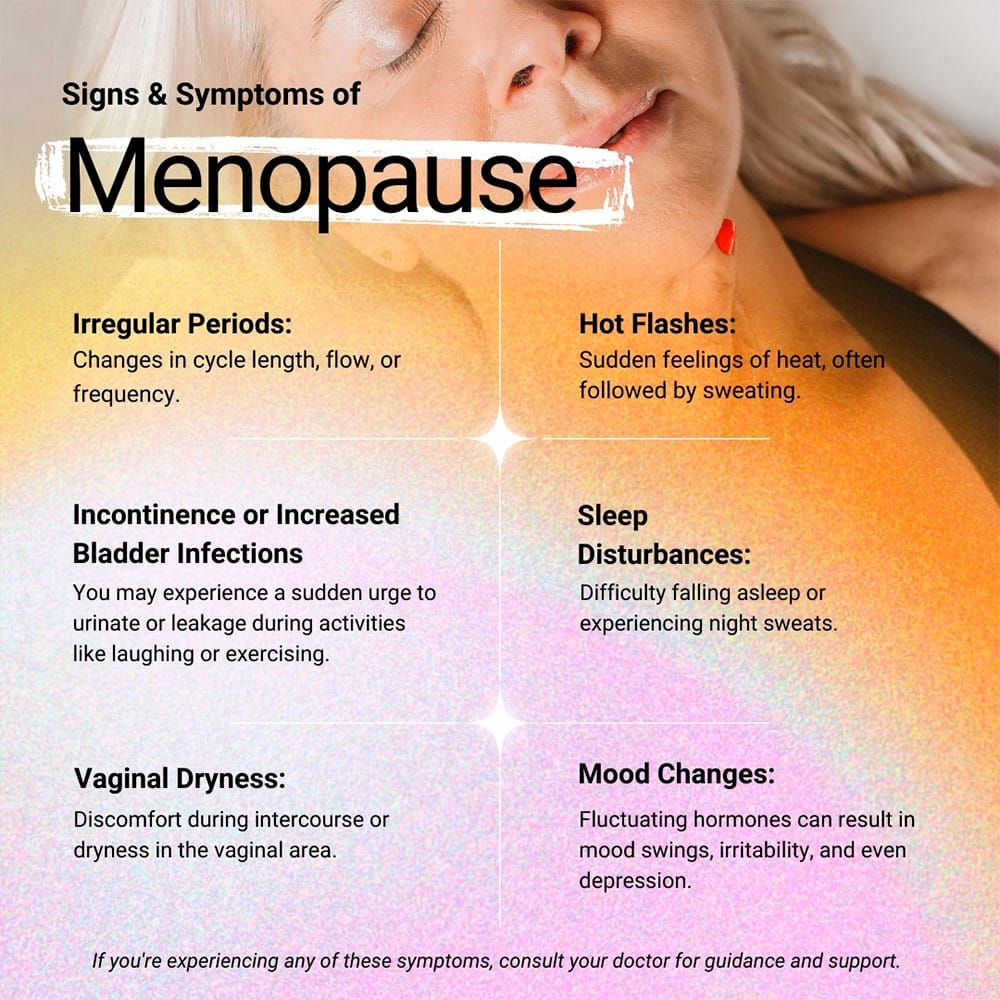What Constitutes Menopause Care?
Menopause care is any type of medical, physical and emotional help given to a woman experiencing perimenopausal symptoms. One reason for the rise in medical help for this sector is the increase of women in power roles. It has come time to deal with women’s health issues seriously.
With this new wave of care, treatments are possible for problems such as:
- Hot flashes and night sweats
- Mood swings
- Insomnia or sleep problems
Every woman is different, so you need to discuss your particular options with your doctor. If you’re experiencing perimenopausal indications, the experienced team at Cohen Medical Practice (CMP) offers menopause care before you reach full menopause and throughout the entire experience. Their top-rated healthcare staff provides a comprehensive examination and helps you find relief from menopause symptoms. They also provide a full range of gynecological services from abnormal uterine bleeding to pelvic prolapse.
What Should I Expect from Menopause?
Menopause is different for every woman. While some don’t experience the negative effects, you may be inundated to the extent that your lifestyle is compromised. Menopause is more than just hot flashes and mood swings.
It can also affect your:
- Emotional well-being
- Sex life
- Weight
From perimenopause to post menopause, a female body goes through many changes. In addition to an understanding family, a woman needs a doctor who is empathetic to these challenges. There are now some amazing treatments for menopause symptoms.

When Should I Seek Menopause Care?
You want to seek a professional in menopause care if you start having perimenopausal problems. The nagging ailments can now be tamed, if not eliminated. Hormone replacement therapy (HRT) has been used for years with some success.
Some of the newer options your doctor may suggest include:
- Drugs for treating vasomotor symptoms known as hot flashes
- Medication to relieve vaginal dryness and odor
- A host of natural products to relieve a variety of symptoms
There is no need to suffer with menopause. Your CMP doctor can suggest ways to get you through the change of life more comfortably. And don’t ignore your emotional state; you’re not alone. Many women need psychological help or medication to get through this tough stage of life.
What Is Hormone Replacement Therapy?
HRT is a treatment for menopause that’s been used for decades. Menopause is caused by a disruption in your hormones, making HRT the logical solution. Although it doesn’t cure all the side effects of menopause, it usually has a positive result.
Some HRT treatments include:
- Low-dose hormonal birth control used before last period, but not to be used if you’re a smoker
- A menopausal hormone therapy pill or patch that helps ease vaginal dryness
- Menopausal hormone therapy, which is used after menopause, but may cause some cancers, blood clots or stroke
HRT has its pros and cons, so it’s important to understand the risks and discuss them with your doctor. When you have a working knowledge of menopause and all its stages, you’ll have an easier time of it when you hit that point in your life.
What Can I Do for My Emotional Well Being?
Due to the changing hormones and other bodily functions, the change of life can be emotionally overwhelming. What used to be deemed hysteria, is now known to be an emotional shift that happens to many women during the menopausal stages.
To help with your frame of mind, your physician may recommend:
- Exercise, which increases dopamine, a natural mood enhancer
- Anti-depressants
- Support groups
During the four years that surround your last menstrual cycle, you have a greater risk of developing major depressive disorder. The key is to be proactive. If you’re experiencing a mental state that’s interfering with your daily activities, see your top-rated NYC gynecologist and explain your symptoms. They can help you get the remedy you need.
What Options Are Available to Improve My Sex Life?
Many women have problems with their sex life before, during and after menopause. The difficulties range from vaginal dryness to painful sex or frequent urination.
While some may use hormone cream on their vagina to both help with dryness and odor, your doctor may suggest things like:
- Water-based lubricant
- Osphena, a prescription pill that aids painful sex caused by vaginal atrophy
- Dehydroepiandrosterone, a suppository that helps you have less painful sex
Having a full and satisfying sex life should not end with menopause. You and your partner need to have a frank discussion if your symptoms are interfering with your relationship. Mutual understanding and an open mind can keep you and your better half on an even keel during this trying time.
What Other Conditions May Happen during Menopause?
It’s vital that you maintain regular gynecological screenings even as you stop menstruating and lose your fertility. Menopause care for senior women is especially important, as aging can increase the risk of chronic conditions that may go unnoticed without expert monitoring.
In addition to the emotional changes and hot flashes, during this time in your life you’re also at a higher risk of developing conditions such as:
- Stroke
- Heart disease
- Osteoporosis
- Urinary incontinence
If you’re in the market for amazing menopause care, contact Dr. Felix Cohen, founder and director of Cohen Medical Practice (CMP). He’s a board-certified obstetrician and gynecologist.
As you age, in addition to treating your immediate symptoms, you also need to maintain certain gynecological tests, such as:
- Pap smears until age 65
- Mammograms
- HPV test
- Blood pressure
- Urinalysis
- Bone density tests

